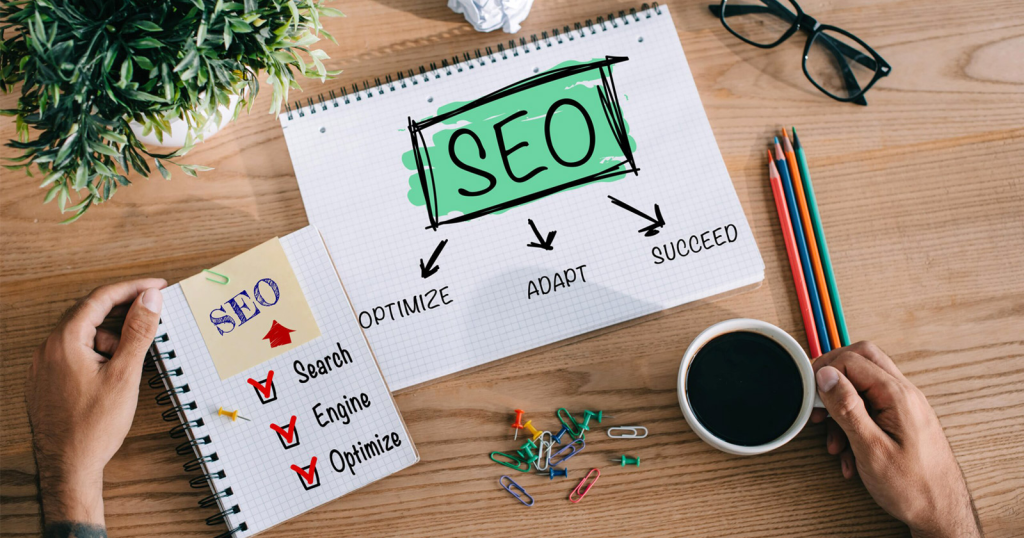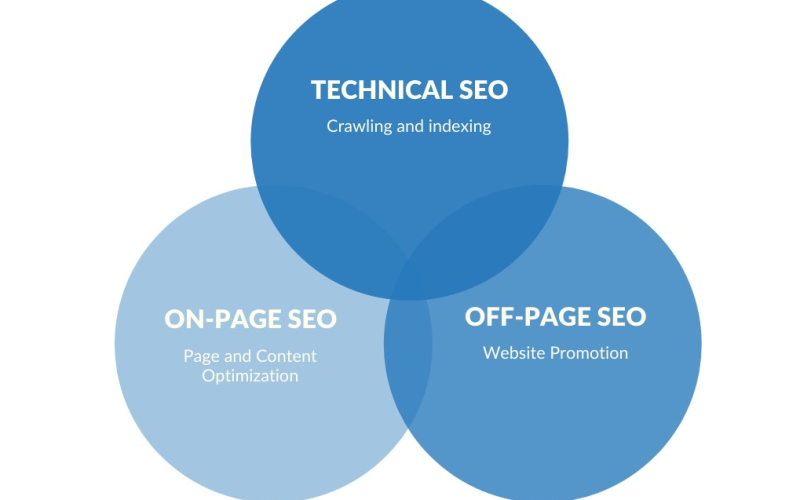SEO, or Search Engine Optimization, is the lifeblood of the digital marketing world. It’s the secret sauce that makes your website visible to the endless ocean of internet users, thus driving traffic to your site. But did you know, there exist different types of SEO that work together to boost your website’s visibility on search engines? In other words, there isn’t just one approach to optimizing your website for visibility and traffic.
In the vast sphere of SEO, multiple techniques are applied to ensure you achieve your desired traffic and ranking. But the common thread that ties these different types together is the ultimate goal: to optimize your website in a manner that appeals to search engines, and more importantly, your audience.
Comprehensive View of SEO
Definition of SEO
SEO stands for Search Engine Optimization. It refers to the practice of increasing both the quality and quantity of website traffic, as well as exposure to your brand, through non-paid (also known as “”organic””) search engine results. It’s not just about stuffing your content with keywords, but about understanding what your audience is interested in, and providing that to them in a way that search engines, such as Google, Bing, or Yahoo can understand.
The Importance of SEO
In the digital era where almost everyone is connected on the internet, SEO has never been more vital. Imagine you have a beautifully designed website, but without SEO, it’s like having a storefront in a deserted alley – no one will find it. SEO allows you to reach more potential customers, enhance the user experience on your site, and ultimately, drive more conversions and revenue for your business.
This is particularly crucial as 93% of all online experiences begin with a search engine, and 75% of users never scroll past the first page of search results. As such, being on the first page of search results gives you a competitive advantage.

On-page SEO
Definition of On-page SEO
On-page SEO refers to the optimization of both the content and HTML source code of a page. This type of SEO focuses on optimizing elements within your website that you have control over.
Importance of On-page SEO
On-page SEO is crucial as it helps search engines understand your website and its content. It also identifies whether it is relevant to a searcher’s query. Optimizing your on-page SEO enhances your online visibility and drives organic traffic.
Tips and Techniques for On-page SEO
Here, we provide some tips and techniques for on-page SEO:
- Keyword Research: Before dashing into crafting content, it’s vital to understand what keywords your target audience is using to find businesses like yours. Comprehensive keyword research forms the backbone of your on-page SEO strategy.
- Meta Descriptions: Meta descriptions show up under your website’s URL in search results. A compelling description can enhance click-through rates, thus improving your website’s visibility.
- Internal Linking: When executed properly, a quality internal linking structure can help search engines navigate your site and understand the relationships between different pages and posts.
To supplement these strategies, the following table highlights essential on-page elements that require optimization:
| On-Page SEO Components | Details |
|---|---|
| Title Tag | Should be descriptive, unique, and concise. Includes main keyword. |
| Headings (H1, H2, H3) | Are used to structure content. Main and secondary keywords are featured. |
| Image alt text | Describes the image content, allows search engines to ‘read’ the image. Relevant keyword should be included. |
| Content Quality | Content should be original, well-written, and provide value to the user. Well-researched long-form content tends to rank higher. |
| URL Structure | Page URL should clearly indicate page content. It should include main keywords and be user-friendly. |
Off-page SEO
Definition of Off-page SEO
Off-page SEO involves actions taken outside of your website to impact your site’s trustworthiness and popularity among search engines and users. This type mainly focuses on increasing the number and quality of backlinks (external links from other sites) to your website.
Importance of Off-page SEO
Search engines see backlinks as votes of confidence from other respected and relevant sites in your niche, which can drastically improve your ranking. On the flip side, building quality backlinks is no cakewalk—it takes time, effort, and strategic networking.
Tips and Techniques for Off-page SEO
Here are a few strategies to build quality backlinks:
- Content Marketing: High-quality, unique content naturally attracts backlinks because other websites will want to link to valuable resources.
- Guest Blogging: Writing articles for other websites in exchange for a backlink can be a win-win situation for both parties.

Technical SEO
Definition of Technical SEO
Technical SEO, as the name indicates, involves optimizing the technical aspects of your website to improve its crawlability and indexability. This means making your site easy for search engines to find, understand, and categorize.
Importance of Technical SEO
Implementing technical SEO can significantly improve your website’s performance, speed, mobile compatibility, indexing, crawlability, and more, which ultimately contributes to better user experience and higher search engine rankings.
Tips and Techniques for Technical SEO
Here are a few technical SEO optimizations to consider:
- Site Speed: A slow-loading website can have a negative impact on user experience and can result in higher bounce rates.
- Mobile Friendliness: With the rise of mobile users, having a mobile-optimized site is necessary to reach a larger audience.
Conclusion
Exploring the different type of SEOs, it’s clear that SEO is multi-faceted. Each type has its own importance and plays a crucial role in boosting your website’s visibility and ranking in search engines. When utilized correctly, it can increase both the quality and quantity of your site traffic, leading to enhanced brand visibility and profitability.
FAQs
Q: What is the difference between on-page and off-page SEO?
A: On-page SEO involves optimizing elements within your website, like keywords, headings, and meta descriptions. Off-page SEO, on the other hand, refers to activities taken outside of your website to improve its credibility and popularity, such as link building and content marketing.Q: Can I just pick one type of SEO to focus on?
A: It’s advisable to focus on all types in harmony. Each type of SEO complements the others: On-page makes your content useful to both users and search engines, off-page builds trust and authority, and technical SEO makes your site easier for search engines to index and users to navigate.Q: How often should I update my SEO strategy?
A: SEO is an ongoing process. To maintain your website’s ranking, it’s necessary to continually optimize your SEO strategy according to changes in algorithms, market trends, and business needs.Q: Is SEO only about improving website visibility?
A: Not entirely. Although the primary goal is to optimize the site for better visibility, SEO also aims toward a better user experience, including mobile-friendly design and website speed.Q: Does SEO bring immediate results?
A: SEO is a long-term strategy. While some changes, such as improving site speed or ensuring mobile-friendliness, may show quick results, other strategies like building quality backlinks take time to bring noticeable results. Patience, along with consistent and quality SEO practices, is key.
